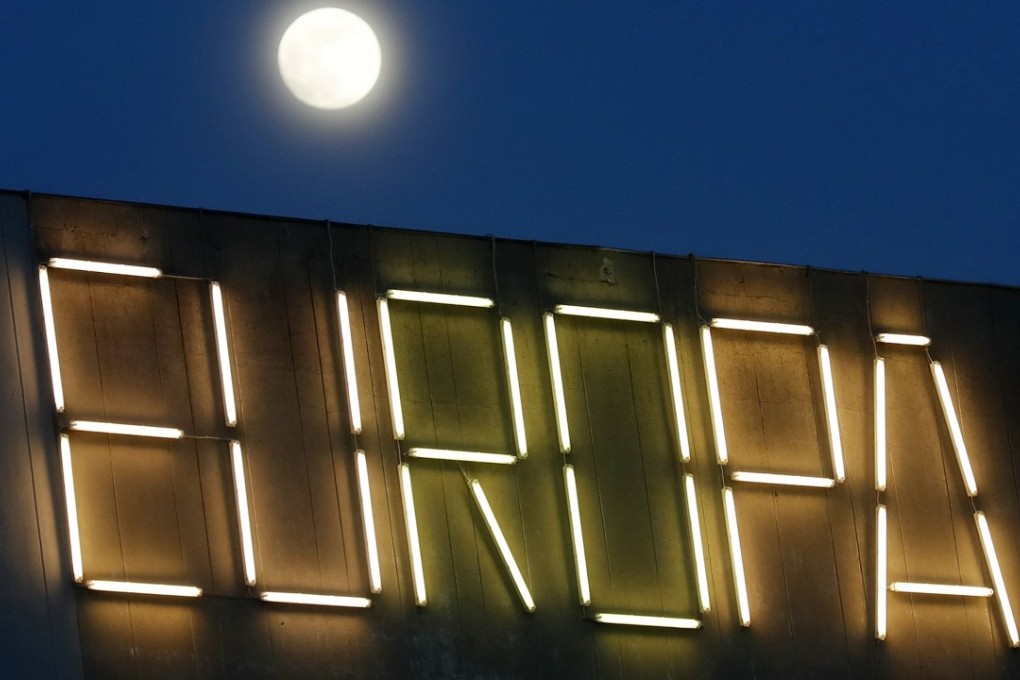What Hong Kong can learn from the EU about freedoms and the rule of law
Denis Edwards says the European Union is a role model in the way it has made borders irrelevant, and has been central to achieving human and economic freedoms while upholding the rule of law

March marked the 60th anniversary of the Treaty of Rome, which founded the European Union. This week, many leading EU scholars are in Hong Kong to discuss the bloc’s contribution to the rule of law and the protection of human rights in Europe over the past 60 years.
The EU stands as a role model for economic integration through the rule of law
Amid the euro crisis, Brexit and the rise of nationalism, it is easy to forget the EU’s achievements. The Hong Kong conference offers an occasion to remember what a difference the EU has made.
First among its achievements is peace in Europe. In the 1950s, when the project of European economic integration began, most states were still recovering from the horrors of the second world war.

The EU has also made significant differences to the lives of ordinary people. Robust laws protecting the environment, clean air and clean water, workers’ rights, equal pay for men and women, and protection from discrimination have built upon the achievements of the common agriculture and fisheries policies developed since the 1960s. Though these are often criticised, it must be remembered that the life and work of farmers and fishermen are hard, and that they are entitled to minimum living standards, not least so that the rest can enjoy quality food. The EU has been central to achieving this.
For Hong Kong, the EU’s achievements with the rule of law offer much to be optimistic about
The EU’s competition laws, which have greatly influenced those of Hong Kong, have opened up markets and ensured that private companies are held to the same high standards of transparency, due process and fairness as are the EU states.